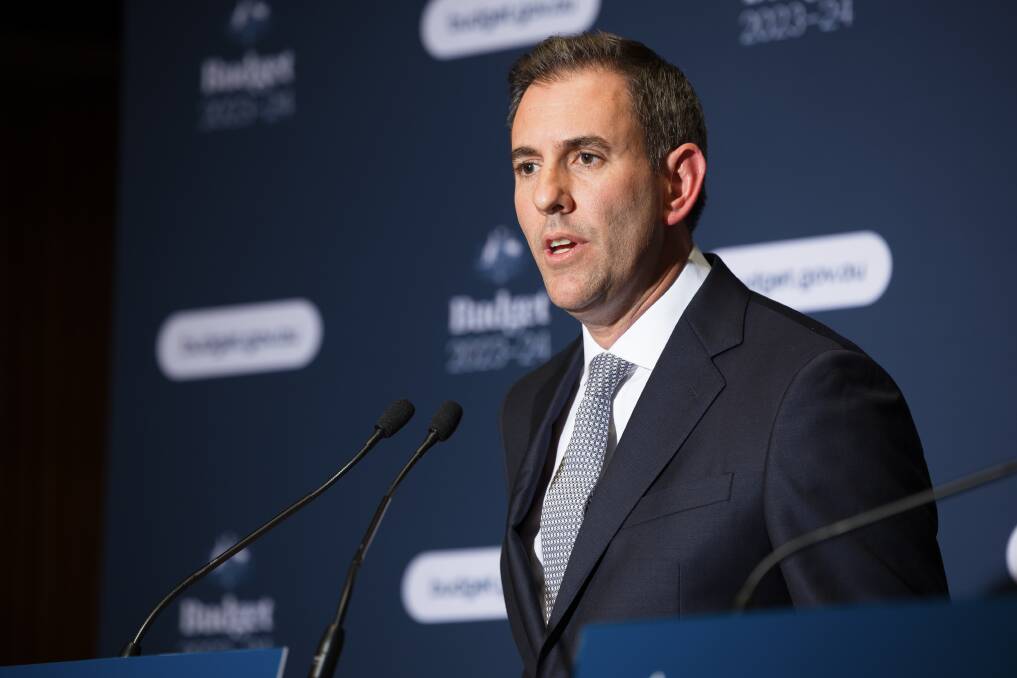Australia is falling behind or making little progress on almost half of the 50 measures of national wellbeing being tracked by the federal government, including family financial security, chronic health problems, national security, biodiversity, income and wealth inequality, and trust in government.
Subscribe now for unlimited access.
or signup to continue reading
In its first comprehensive effort to assess how the country is faring, the government's inaugural Measuring What Matters report has identified 20 areas of improvement, seven where there has been little change, 12 where there has been a deterioration and eight where progress is mixed. Assessment is not yet possible on three indicators.

The government has developed the dashboard of measures, grouped under five themes - health, security, sustainability, cohesion and prosperity - to track the nation's wellbeing and progress in ways that go beyond narrow economic indicators of growth, employment, inflation and wages.
Treasurer Jim Chalmers said although tackling inflation and setting the foundations for future growth remained the government's primary focus, "it is important that we simultaneously work on better aligning our economic and social goals".
"Measuring What Matters is part of a deliberate effort to put people and progress, fairness and opportunity at the very core of our thinking about our economy and our society," Dr Chalmers said.
The government expects the regular update will improve understanding of Australia's economy and society, and inform policymaking at all levels of government.
Similar wellbeing frameworks have been adopted by other countries including New Zealand, Germany, Canada, Scotland and Wales, and the government said they help capture important information not covered by standard economic measures including social outcomes and domestic and international risks.
According to the initial report card, Australia is making progress in areas such as life expectancy, emissions reduction, acceptance of diversity, trust in others, per capita income, childhood development and job opportunities and satisfaction.
READ MORE:
But feelings of life satisfaction have stagnated, as have measures of mental health, job security, income and wealth inequality and trust in key institutions like the police.
And the country is going backwards when it comes to households making ends meet, chronic health problems, online safety, national security, homelessness, productivity and trust in government.
The wellbeing framework found there have been mixed outcomes regarding access to healthcare, experience of violence, housing affordability, wages and a sense of belonging.
There is not yet enough data to assess progress on childhood experiences of abuse, climate resilience or time for recreation and social activities.
"The framework will help tell us how we are tracking over time, where we are doing well and where we need to do better," Dr Chalmers said.
"While Australia performs relatively well compared to similar countries ... we know there is more we can do to improve the wellbeing of our people and communities.
"Improving wellbeing is the job of government, business and other organisations, as well as Australian communities and the Australian people."
The treasurer said the framework will continue to be refined using feedback from the community, including guidance on how frequently it should be updated.
Dr Chalmers said it was one of three key economic releases to be made by the government in the second half of the year, and will be followed by the Employment White Paper and the revised Intergenerational Report.


